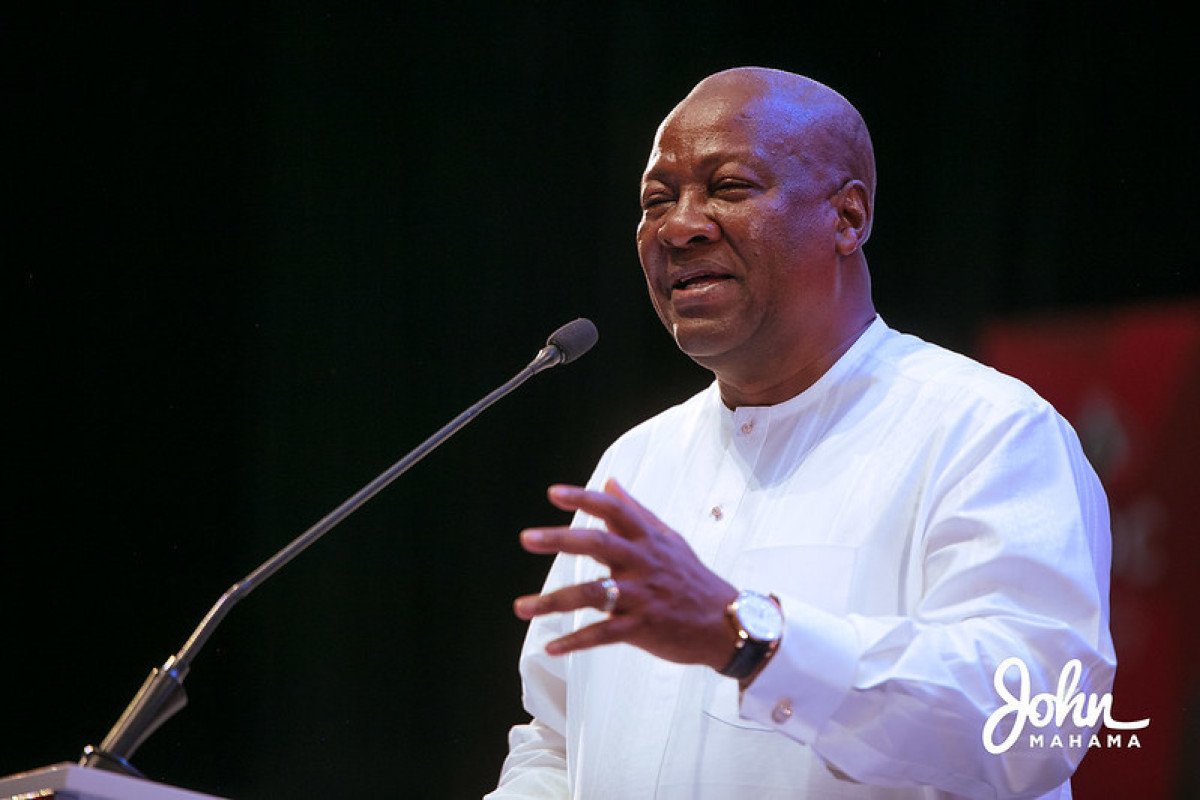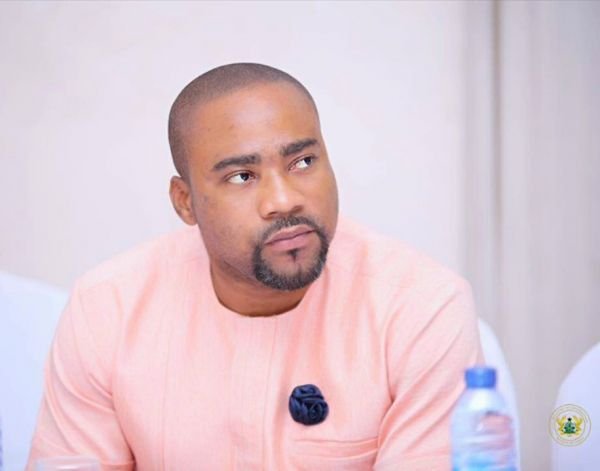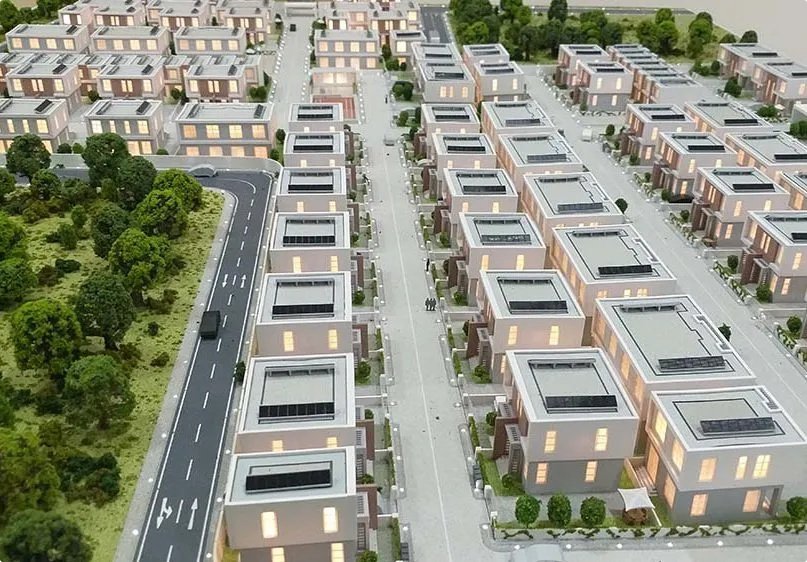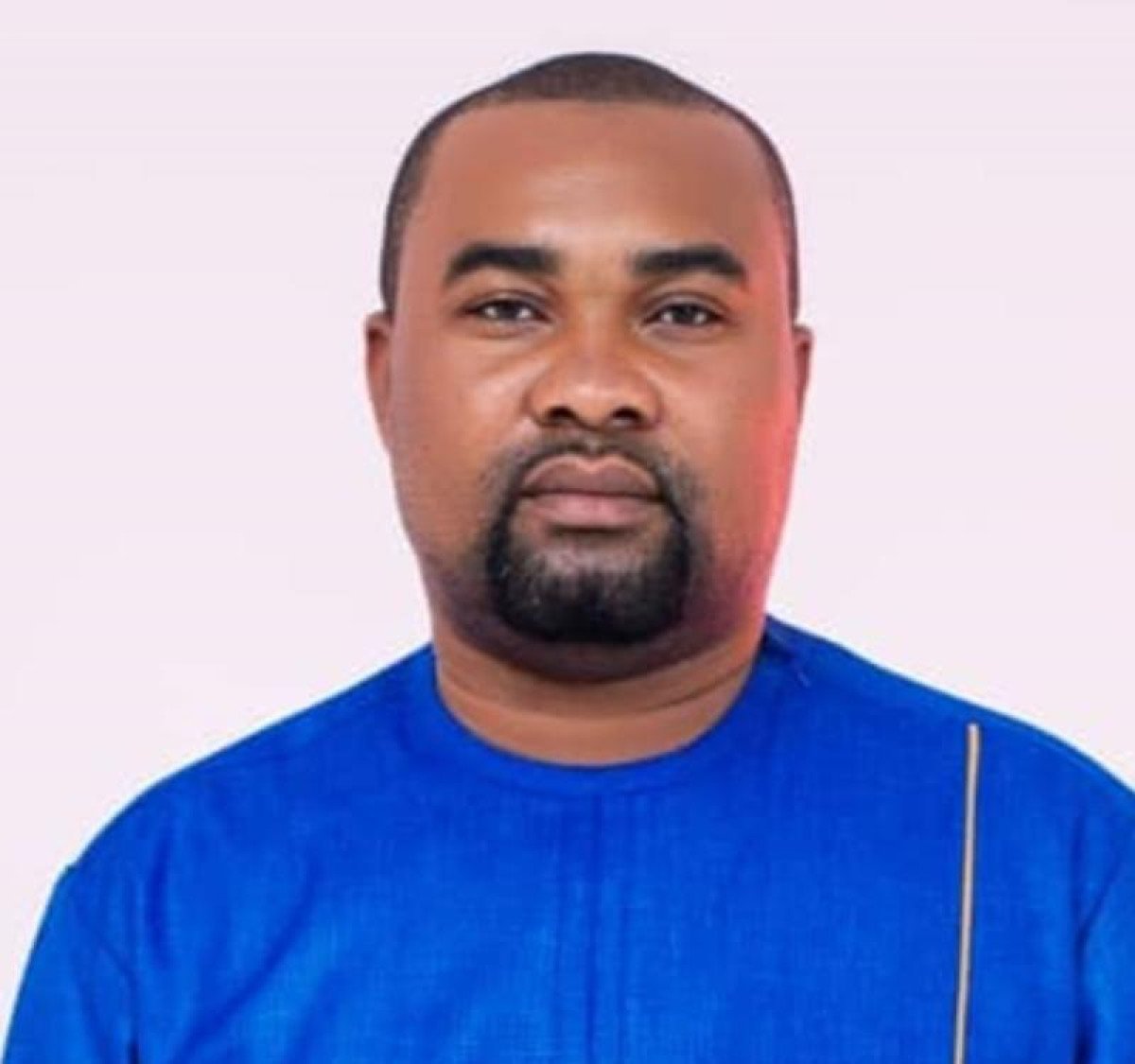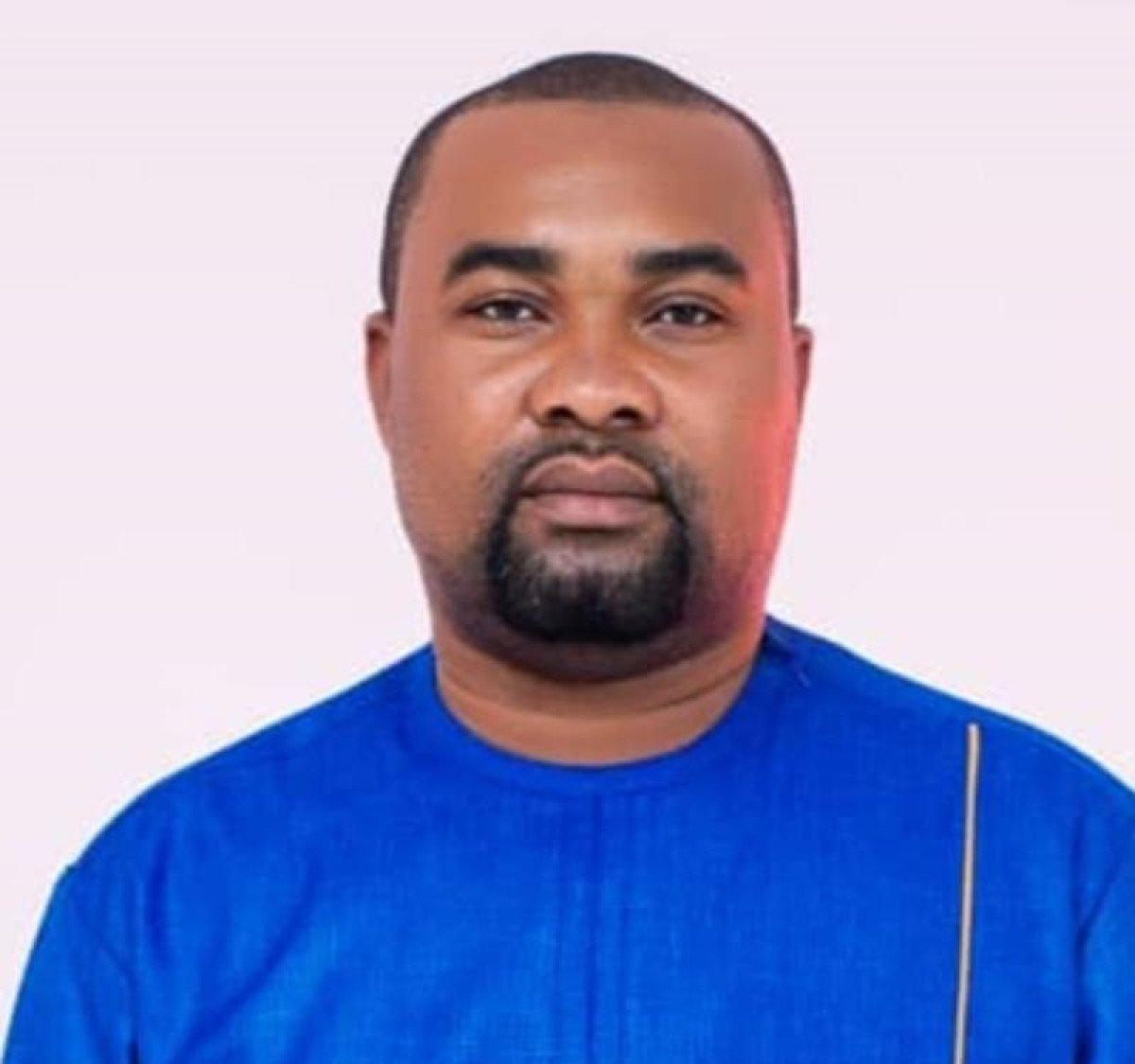Since returning to power in January 2025, President John Dramani Mahama and his National Democratic Congress (NDC) government have come under increasing scrutiny over what many have described as a clear case of selective justice.
This perception has been largely shaped by a wave of discontinued prosecutions, particularly involving high-profile figures either aligned with the NDC or implicated in state-led financial mismanagement under previous administrations
Under the leadership of Attorney-General Dr. Dominic Ayine, the Mahama government has terminated at least eight major criminal cases — most of them inherited from the previous New Patriotic Party (NPP) administration.
While the Attorney General insists that these decisions were based on legal reviews and the public interest, it is apparent that they reflected a broader attempt to shield party affiliates and allies from accountability.
Within the first six months of Mahama’s administration, the following key cases were dropped through nolle prosequi:
1. Dr. Stephen Opuni & Seidu Agongo (COCOBOD fertilizer scandal)
Accused of causing financial loss to the state, their charges were discontinued with little transparency on the legal reasoning behind it.
2. Dr. Cassiel Ato Forson & Richard Jakpa (Ambulance procurement)
The trial involving alleged financial misconduct in a €2.37 million ambulance deal was abruptly halted following the state’s withdrawal of an appeal.
3. Collins Dauda & others (Saglemi Housing Project)
In a case involving the misapplication of $200 million intended for affordable housing, the charges were dropped, sparking public outrage.
4. Dr. Ernest Thompson & others (SSNIT software deal)
The AG halted prosecutions involving irregularities in a $72 million software project, again citing insufficient public interest.
5. Dr. Johnson Asiama (Bank of Ghana/uniBank collapse)
Former Deputy Governor of the Bank of Ghana was cleared in a case linked to the financial sector cleanup.
6. Samuel Ofosu Ampofo & Anthony Kwaku Boahen (NDC leaked tape)
Accused of plotting political violence, charges against the party executives were withdrawn.
7. Oliver Barker-Vormawor & activists (Democracy Hub protest)
Protest-related cases were dropped as a supposed commitment to human rights, despite existing police reports alleging unlawful assembly.
In the most recent and controversial move, the Attorney-General entered a nolle prosequi after claiming the state had recovered at least 60% of misappropriated funds in the Republic Vrs Kwabena Duffuor & 7 others'. Duffuor, a former finance minister and founder of uniBank, had faced charges of embezzlement, money laundering, and fraud.
The sheer number and nature of these discontinuations raise pressing questions about justice, fairness, and institutional credibility in Ghana’s democratic process.
The justice system must be seen as impartial, objective, and resistant to political influence.
However, the pattern of dropping politically sensitive cases — especially those involving NDC-affiliated individuals — sends the opposite message.
Ghanaians are beginning to see the rule of law as a tool used selectively, not universally.
Furthermore, Ghana has long struggled with systemic corruption. The previous NPP government had positioned itself as tough on graft, launching a string of high-profile prosecutions to signal accountability.
The sudden collapse of those cases undermines years of investigative and prosecutorial work and risks normalizing financial misconduct in public service.
Although Dr. Dominic Ayine maintains that all decisions were legally grounded and not directed by President Mahama — citing Article 88 of Ghana’s Constitution, which grants him the discretion to discontinue any criminal proceeding in the public interest — the coordinated nature and timing of these discontinuations suggest political motivation.
The Attorney-General, by constitutional design, wields immense power, but that power demands higher accountability, especially in cases involving the public purse.
The nolle prosequi route, if misused, may well become a loophole for elite impunity.
When cases involving multi-million-dollar losses to the state are dropped without conclusive verdicts, it sends a dangerous signal to current and future public officials: you can abuse your office and avoid consequences, as long as your party returns to power.
Whether intentional or not, President Mahama’s government has begun to cultivate a troubling narrative — one where justice bends according to political convenience. While the president may not directly order case withdrawals, his administration’s tolerance of such decisions speaks volumes.
It is even laughable that the government's ORAL is prosecuting alleged corruption and corruption-related offences that are said to have occurred during the previous government and simultaneously, they are letting go similar cases that are traced to the NDC regime from 2009 to 2016.
In the long term, Ghana must reflect on the broader damage selective justice does to national cohesion, investor confidence, and democratic legitimacy.
A justice system that appears to protect the 'powerful' while punishing the 'opposition' only deepens the gap between government and citizens.
Selective justice is not just a legal failure; it is a moral and democratic crisis. If the Mahama administration is truly committed to justice and good governance, it must do more than drop cases and cite technicalities — it must pursue fairness, transparency, and equality before the law.
Ghanaians are watching, and so is history


